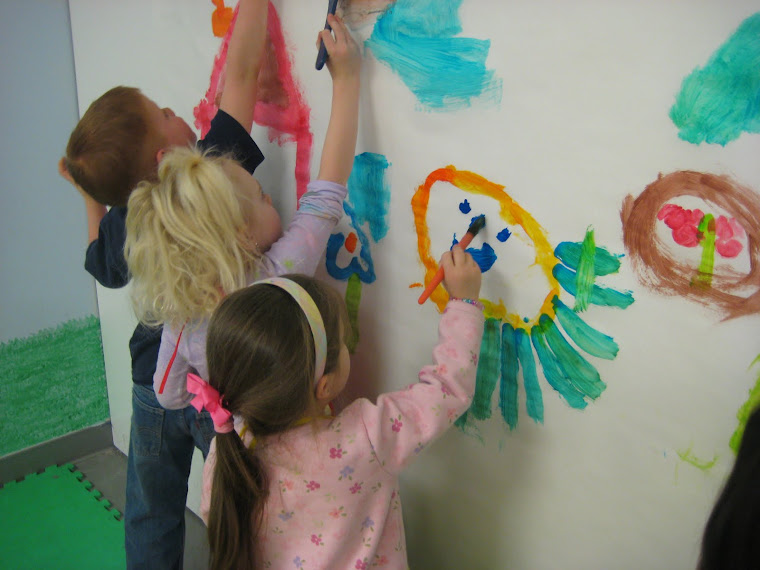
Exposing your child to a second language young allows a child to optimize his or her learning potential, helping to shape the brain at its most flexible stage. Young children are uniquely suited to learning a second language. Learning a second language at a young age is cognitively as easy as learning a first language.
Young children can acquire native-like fluency as easily as they learned to walk. Where adults have to work through an established first-language system, studying explicit grammar rules and practicing rote drills, the young kids learn naturally, absorbing the sounds, structures, intonation patterns and rules of a second language intuitively, as they did their mother tongue. The young brain is inherently flexible, uniquely hard-wired to acquire language naturally.



